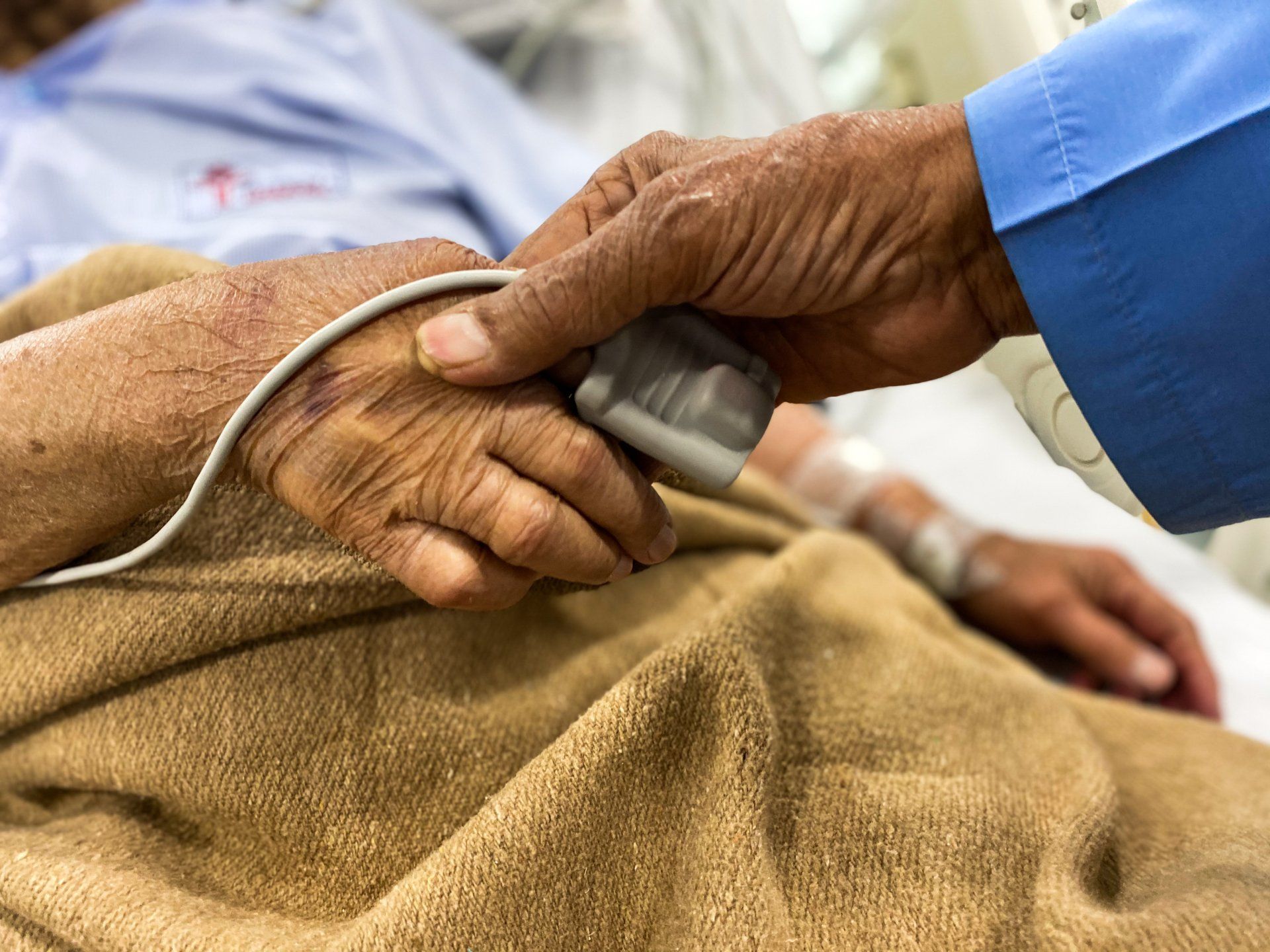End-of-Life Care for Alzheimer's Patients: Honoring Dignity and Comfort

Alzheimer's disease is a progressive neurodegenerative disorder that robs individuals of their memories, cognitive abilities, and ultimately, their independence. As the disease advances, it significantly impacts not only the patients but also their families and caregivers. While medical advancements have improved our understanding of Alzheimer's and enhanced treatment options, there is still no cure. Consequently, many individuals with Alzheimer's eventually reach the end stages of the disease, necessitating specialized end-of-life care to ensure their dignity and comfort.
Understanding End-Stage Alzheimer's Disease
End-stage Alzheimer's is characterized by severe cognitive decline, loss of physical abilities, and an increased susceptibility to infections and other medical complications. Individuals in this stage often become bedridden, non-verbal, and dependent on others for all aspects of care. As the disease progresses, basic functions such as swallowing and breathing may also be affected, leading to additional challenges in providing adequate care.
At this stage, the focus shifts from managing symptoms to ensuring the comfort and quality of life for the patient. It requires a comprehensive approach that addresses not only medical needs but also psychological,
emotional, and spiritual aspects.
Importance of Dignity in End-of-Life Care
Maintaining dignity is paramount when caring for individuals with end-stage Alzheimer's. Despite their cognitive impairment, these individuals deserve to be treated with respect, compassion, and understanding. Preserving their dignity involves honoring their preferences, choices, and individuality, even as their ability to communicate diminishes.
One of the key principles in end-of-life care for Alzheimer's patients is to create a supportive environment that promotes comfort and familiarity. This may involve establishing routines,
playing familiar music, displaying cherished photographs, and engaging in activities that bring joy and comfort to the individual. Simple gestures, such as holding their hand or providing gentle touch, can convey warmth and reassurance.
Palliative and Hospice Care for Alzheimer's Patients
Palliative care focuses on relieving symptoms and improving the quality of life for individuals with serious illnesses, including Alzheimer's disease. It addresses physical discomfort, manages pain, and provides emotional and spiritual support to both patients and their families. Palliative care can be provided alongside curative treatments and is tailored to the individual's needs and preferences.
Hospice care, on the other hand, is specifically designed for individuals with a terminal illness who have a prognosis of six months or less to live. Hospice care emphasizes comfort and dignity, with an emphasis on symptom management and emotional support. It is typically provided in the patient's home or in a specialized hospice facility, with a multidisciplinary team of healthcare professionals, including doctors, nurses, social workers, chaplains, and volunteers.
For individuals with end-stage Alzheimer's, hospice care can offer valuable support and resources to ensure a peaceful and dignified end-of-life experience. Hospice teams are trained to address the unique needs of Alzheimer's patients, including managing behavioral symptoms, providing assistance with activities of daily living, and offering emotional support to families.
Communicating with Alzheimer's Patients at the End of Life
Communication can be challenging as Alzheimer's disease progresses, especially in the end stages when verbal communication may be limited or absent. However, non-verbal forms of communication, such as touch, facial expressions, and body language, remain essential for connecting with individuals with Alzheimer's.
Caregivers and healthcare professionals should adopt a patient-centered approach, focusing on the individual's comfort and well-being rather than solely on verbal exchanges. They should speak slowly and clearly, use simple language, and provide visual cues to aid comprehension. Additionally, they should listen attentively to the patient's non-verbal cues and respond with empathy and understanding.
Supporting Families and Caregivers
Caring for a loved one with end-stage Alzheimer's can be physically, emotionally, and mentally exhausting for family caregivers. It is essential to provide support and resources to help caregivers cope with the challenges they face. This may include respite care, counseling services, support groups, and assistance with navigating the healthcare system.
Educating caregivers about what to expect in the end stages of Alzheimer's and how to provide comfort and support can help alleviate anxiety and uncertainty. Encouraging open communication and providing opportunities for caregivers to express their concerns and emotions can also foster a sense of validation and empowerment.
Conclusion
End-of-life care for Alzheimer's patients requires a compassionate and holistic approach that prioritizes dignity, comfort, and quality of life. It involves not only addressing the physical symptoms but also providing emotional, psychological, and spiritual support to patients and their families. By focusing on individualized care, effective communication, and support for caregivers, we can ensure that individuals with Alzheimer's disease receive the dignity and respect they deserve in their final days. For more information about our specialized caregiving services for Alzheimer's patients and their families, please contact us today at Home Matters Caregiving. Our dedicated team is here to provide support, guidance, and compassionate care every step of the way.


